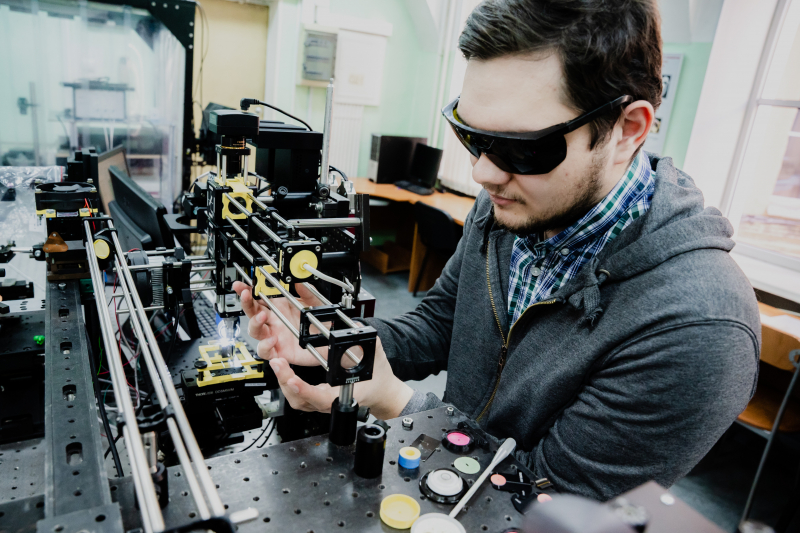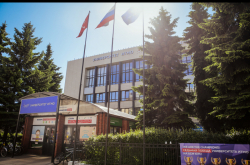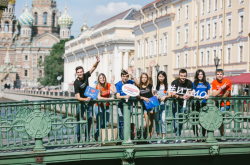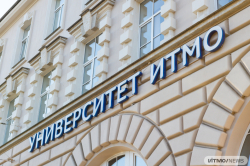The Expert ranking’s evaluations are based on four key criteria (Quality of Growth, Relevance, Scale, and Superiority). Each criterion includes a number of performance indicators used to evaluate universities’ achievements in a wide range of subject fields, which are in turn divided into smaller groups called subject subareas.
In 2022, the ranking featured a total of 132 universities in both subject fields and subareas. This year, ITMO made it to the top-10 universities in 12 categories: Computer Science (1st place), Chemistry (1st and 2nd places), Engineering Sciences (1st place), Artificial Intelligence (1st place in Computer Science), Materials Science (2nd place), Management (5th place), Life Sciences (5-6th places), Biochemistry (6th place in the Life Sciences subarea), Chemical Engineering (8-9th places), Renewable Energy (9th place in the Energy subarea), Physics and Astronomy (9th place), and Pharmacology (9-10th places). The university also featured in Energy, Metallurgy (Materials Science), Mathematics, and Agriculture (Life Sciences).
Starting from 2016, the analytics center Expert annually investigated publication activity of Russian universities. Last year, the ranking’s methodology changed drastically: the experts introduced the Superiority criterion and stopped taking into account conference papers (except in the field Computer Science and subarea Artificial Intelligence).
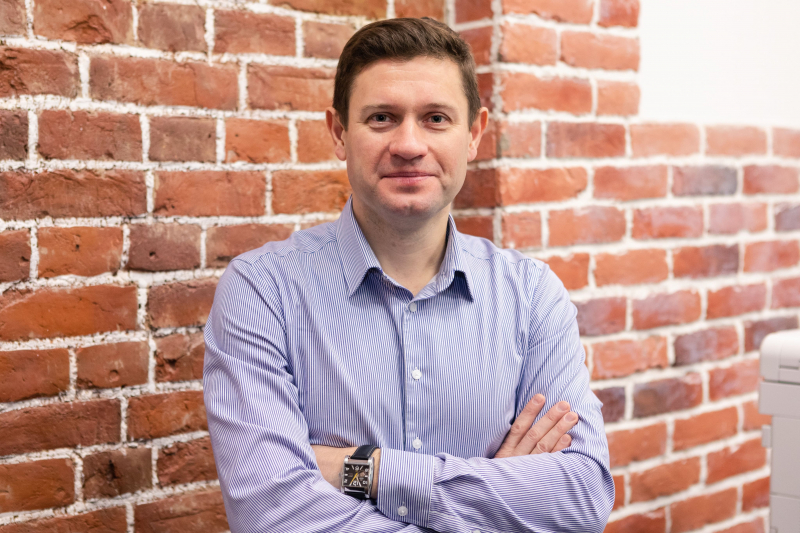
Ilya Kuftiryov. Photo by Dmitry Grigoryev / ITMO.NEWS
“This ranking vividly demonstrates the research capacities of Russian universities. When generating the list, the experts focus primarily on the quality of publications, namely, the citation rates of papers (noting their fields), the number of publications in peer-reviewed journals, and a university’s authors' scientific contribution depicted in an article.
Notably, not all universities pass the threshold criteria. There are currently 774 universities in Russia and only one-fifth or sixth of them are ranked on the list. It is not good or bad, it simply shows that a university is first an educational institution and then everything else,” comments Ilya Kuftiryov, the head of ITMO’s Rankings Research Center.
Editorial team
